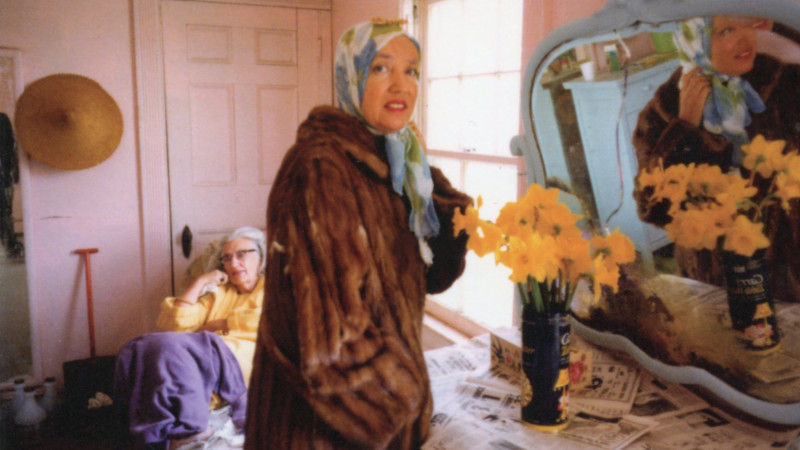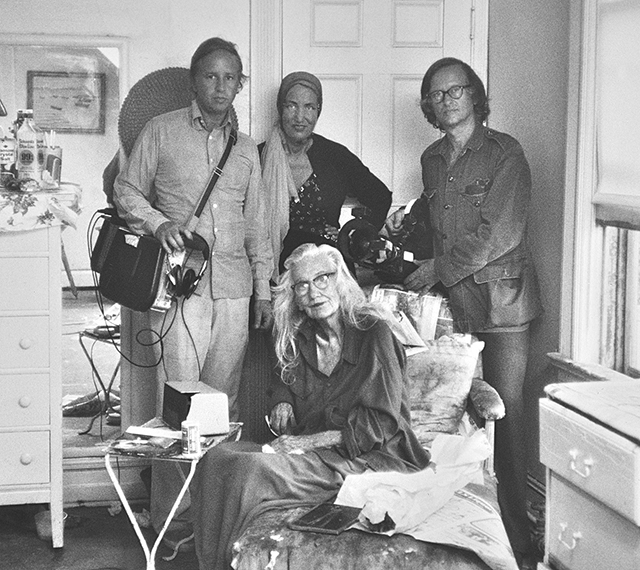The remarkable cinematographer and director Albert Maysles, who died March 5 at 88, was one of the pioneers of the direct cinema revolution in American documentary in the late 1950s and ’60s. Along with his brother David, Robert Drew (Primary), D.A. Pennebaker (Dont Look Back), Frederick Wiseman (Titicut Follies) and Richard Leacock (A Stravinsky Portrait), Albert embraced the new, lighter cameras, threw away the tripod and thrust himself into the middle of the action. From street demonstrations and political rallies to intimate scenes with a bible salesman or a transformative artist, filmmakers were able to provide audiences with visceral, immediate experiences of life as it was lived.
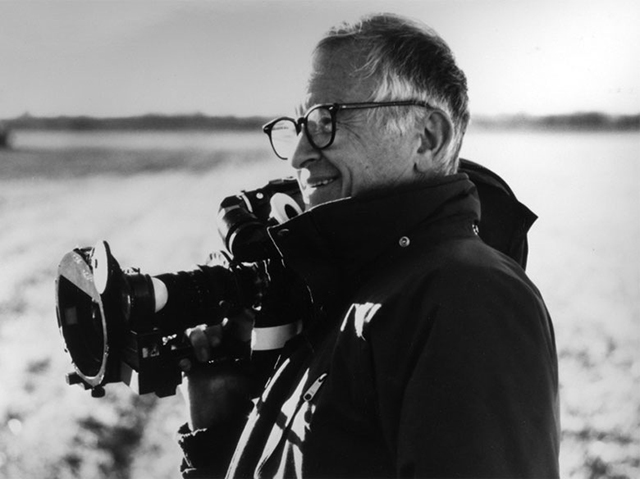
Direct cinema, or cinema verité, is somewhat out of favor these days, as audiences with shorter attention spans (blame the remote control, not Vine) prefer the pace and payoff of reality TV to open-ended, long-form observational films. Similarly, viewers have become accustomed to (or sedated by) narration, talking-head interviews, archival footage, photos and a music soundtrack — all of which are disdained by proponents of direct cinema. Nonetheless, most of us still define the job of documentary filmmakers as going out in the world and capturing life as it unfolds. And that expectation derives from Albert Maysles and his contemporaries in the vanguard of cinema verité.
As a way of publicly acknowledging Maysles’ enormous legacy to documentarians as well as to audiences, ace local filmmaker and teacher David L. Brown (A Span in Time, Of Wind and Waves: The Life of Woody Brown) has compiled a sumptuous retrospective, the Albert Maysles Memorial Film Festival, at the Vogue from May 8 through 14. The lineup pairs the Maysles brothers’ greatest hits with once-acclaimed, seldom seen films. As a bonus, some of Albert Maysles’ collaborators and disciples will share anecdotes and insights after various screenings. (Coincidentally, Maysles’ affectionate portrait of New York fashion iconoclast Iris Apfel, Iris, also opens May 8 in Bay Area theaters.)
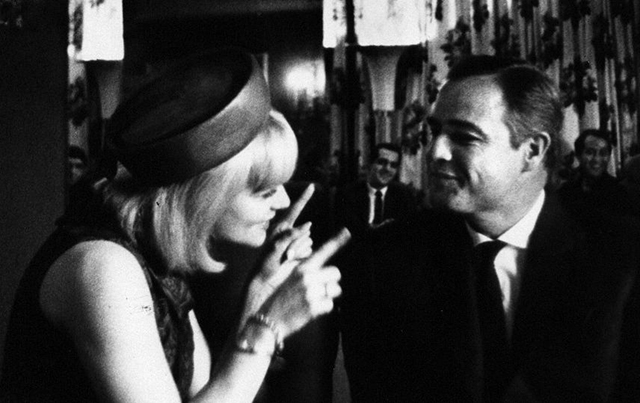
The series opener, of course, is the Maysles brothers’ still-haunting 1968 breakthrough, Salesman, a dispassionate yet empathetic study of door-to-door Bible salesmen. Seen today, it is both a black-and-white time capsule of an America that no longer exists (notwithstanding Mike Huckabee’s best efforts) and a prescient preview of economic upheavals to come. (Suffice to say this Salesman will never die.) The bill includes Meet Marlon Brando (1966), a half-hour short whose ironic title teases you with the hint of understanding the era’s most talented and charming enigma. Cinematographer Haskell Wexler and director D.A. Pennebaker join the festivities via Skype.
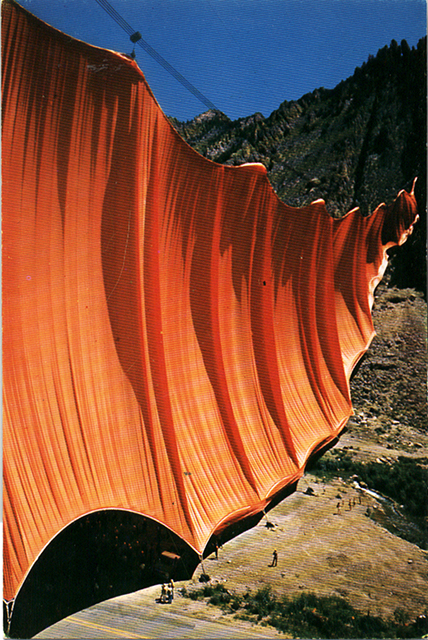
The most San Francisco-centric of the Maysles’ films, Gimme Shelter (1970), traces the Rolling Stones’ path to the infamous free concert in Altamont where a young man was stabbed to death. It’s great fun to see full-of-himself attorney Melvin Belli negotiate the show’s details on the phone, and pure horror to watch an impotent Mick Jagger futilely try to hold the attention of the restless, spooked crowd. The most chilling sequence, however, shows Jagger and Keith Richard subsequently watching the Maysles’ footage of murder on a playback machine. If you’ve somehow never seen Gimme Shelter, it plays three times on Saturday with Running Fence, a 1977 work about Christo and Jeanne-Claude’s famed installation. The great cinematographer Steven Lighthill and filmmaker Joan Churchill will be on hand after a few of the screenings. The late show is another Stones title, Get Your Ya-Yas Out!, a half-hour film shot at a 1969 concert and released 40 years later.
